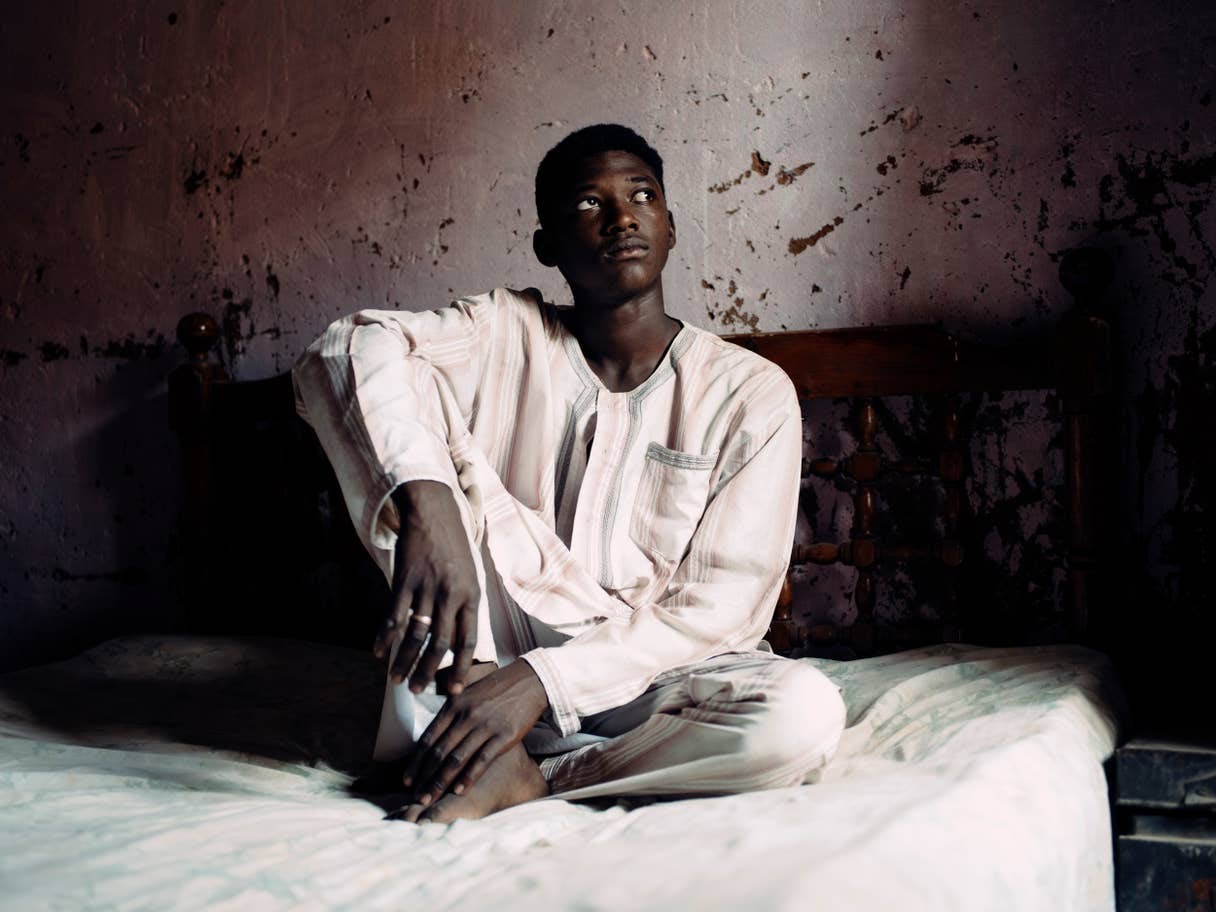The Independent
The Darfur genocide claimed the lives of more than 300,000 civilians, forced 1.6 million internally displaced people to flee their homes and a further 600,000 refugees to spill across borders of neighbouring countries, with Chad shouldering the burden.
In 2003, Janjaweed rebels – tribal militia who traded spears for kalashnikovs – answered the president’s call-to-arms to support the Sudanese army to cleanse, ethnically, the uprising of Fur, Masalit, and Zaghawa tribal minorities, which were aligned with the Sudan Liberation Movement and Justice Equality Movement.
Following aerial bombardment by the Sudanese army, Janjaweed rebels spilled through the villages. They killed; they raped; they looted; they burned; and they abducted boys as child soldiers.
Delivering aid to Sudan has not been without challenge. Efforts to delay, limit and deny access by humanitarian aid agencies to civilians in need of assistance are well documented.
Today the security situation in the Darfur region of Sudan remains unstable. More than eight million people are in need of assistance, and the race to escalate urgent humanitarian intervention and protection remains.
Qatar Charity’s commitment to child welfare dates back to the 1980s. It has been working with Sudanese governments past and present to protect the orphaned populace in Darfur through its Rofaqaa sponsorship programme since the outbreak of conflict. The ministry of social welfare in Sudan estimated that there are 45,000 orphans in south Darfur alone.
Mohamed al Ghamdi of the charity explained: “Since its inception in 1984, Qatar Charity’s core commitment to child protection is deeply rooted. We honour this commitment through various projects worldwide, notably our child sponsorship programme, which ensures the provision of shelter, food, clean water, access to education and protection to more than 3,500 orphaned children in Darfur and 12,244 across Sudan.
A key prerequisite for long-term peace and stability in Darfur is disarmament. The Darfur Peace Agreement of 2006 and the subsequent accord of 2011 required the disarmament and demobilisation of Janjaweed militia along with various rebel groups. Although perceived to be positive steps, there must be significant provision for alternative livelihood opportunities for ex-combatants. If this should fail, the risk remains of re-recruitment to other factions perpetuating a continuous cycle of insecurity.
Indicted by the International Criminal Court for war crimes, genocide, and crimes against humanity, President Omar al-Bashir’s tenure will be remembered for its brutality by thousands of traumatised and destitute families.
The pro-democracy revolution of 2019 forced a change in Khartoum. If Sudan’s transitional government can resist being drawn into conflicts in foreign lands and instead provide a realistic prospect of return for the displaced, then perhaps establishing a new road map for peace in the region might be possible.
https://khartoum-today.net/
 Sudan army chief Al Burhan freezes bank accounts of paramilitary RSF
Sudan army chief Al Burhan freezes bank accounts of paramilitary RSF Sudan’s SAF & RSF sign agreement intended to lay groundwork for humanitarian assistance
Sudan’s SAF & RSF sign agreement intended to lay groundwork for humanitarian assistance SAF, RSF agree on extension truce for the sixth time
SAF, RSF agree on extension truce for the sixth time Army, RSF agree to extend truce for 72 hours
Army, RSF agree to extend truce for 72 hours Sudanese people fled to Egypt amid acut humanitarian crisis
Sudanese people fled to Egypt amid acut humanitarian crisis THE ELEPHANT IN THE ROOM
THE ELEPHANT IN THE ROOM Death toll from Sudan fighting tops 180 as clashes in Khartoum enter fourth day
Death toll from Sudan fighting tops 180 as clashes in Khartoum enter fourth day By the UN Secretary-General Op-ed on G20 – 8 billion
By the UN Secretary-General Op-ed on G20 – 8 billion A strong military key to maintaining world peace
A strong military key to maintaining world peace Beautiful China shows new chapter of ecological conservation
Beautiful China shows new chapter of ecological conservation

ORPHANS OF DARFUR – THE PRICE OF THE CONFLICT
About the author
Related Articles
2020 All rights reserved khartoum-today.net 0124293222







